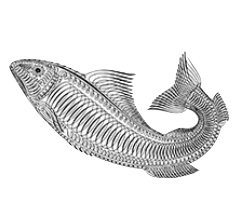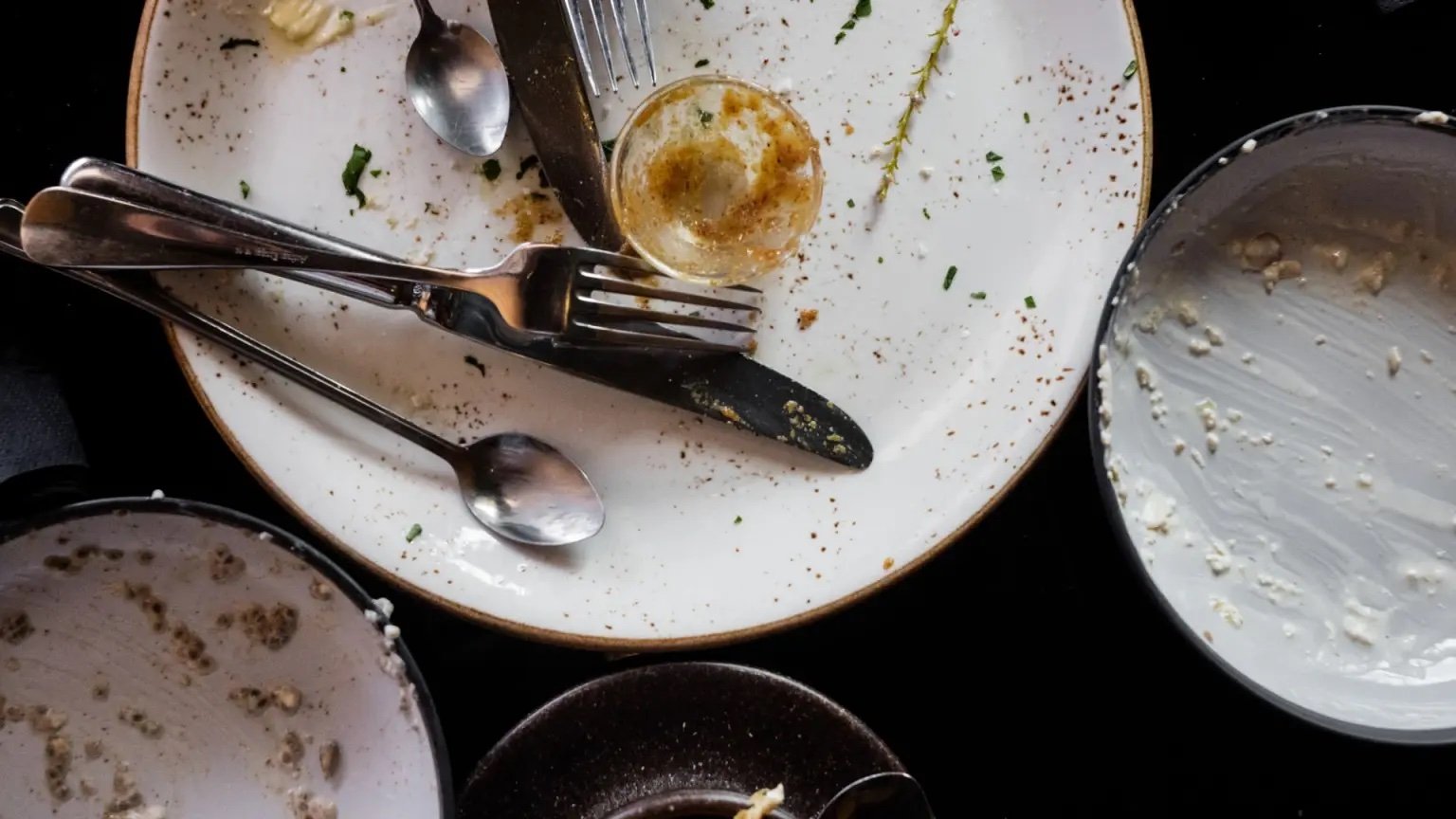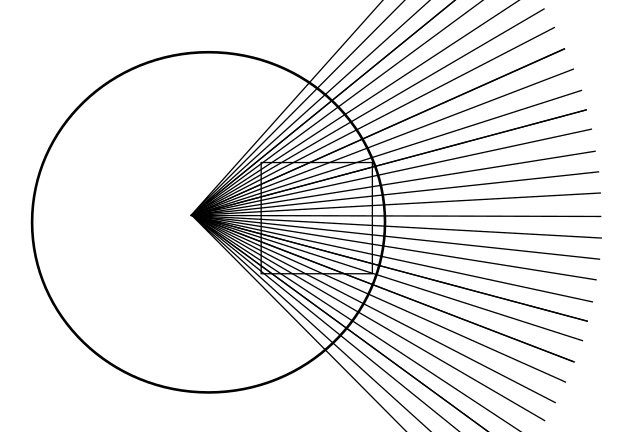The Winners of the 2022 Spring Contest
Columbia Journal is excited to announce the winners and finalists of our 2022 Spring Contest, which was judged by Garielle Lutz, Aaron Coleman, Colleen Kinder, and Natasha Rao. We want to thank everyone who entered the contest for sharing their work with us, as well as our four wonderful judges, and express our congratulations to the winners and finalists.
A Body
We found a body in the bathroom. It wasn’t wearing any underwear, it wasn’t wearing any clothing at all. The body was wet, face down; its arm was twisted, with the palm of its hand toward the ceiling. We could hear the shower running from the moment we entered the bedroom, or maybe even before that, from the moment we opened the apartment door using the key the building super kept on hand for emergencies. Maybe that body was in the habit of showering with the door open. Maybe it didn’t manage to close the door, or it wanted to leave the water running while walking around naked. Who knows. Here I could skip to the part where later in the hospital they told us that the body had high blood pressure, that it had suffered a heart attack, which could have been avoided if it had taken care of itself. But some memories surfaced between the bathroom and the hospital that I don’t want to gloss over.
Seven Poems by Chen Xianfa
From the window of a prison in another province,
a view of autumn clouds.
My interviews did not go well. Some prisoners spoke
obscure dialects, languages from a different planet.
2022 Spring Contest Winner: Owed To My Father’s Accent
The way the letter “r” rumbles
from the cavern of his throat
through the top of his teeth, gently,
2022 Spring Contest First Runner-Up: What It Means When a Man Tells You to Call His Name
a new being is reborn
with skin as soft as the mouth of a spring
the camouflaging of his broken pride begin
2022 Spring Contest Second Runner-Up: Can your colonizer’s country give you PTSD?
London was a queer place, but, Bristol was queerer.
Eel Bait
To get the eel bait, we had to take an old rowboat out to a motorboat. I had never gone fishing before. I have been afraid of eels ever since, at the age of seven, I saw one in an airport fish tank and learned from the accompanying sign that their blood is poisonous to humans. Even the name of the fish disgusts me, the yowl the word entails, the scream of it.
Marquee Days
The first twenty minutes of the match were niggly, with plenty of elbows in play. There would be purple bruises for the boys to poke at gingerly when they woke to their Sunday morning hangovers. But it wasn’t till Colum got shoved into a graceless tumble that aggression stole a yard on matters. He took a flat hand to the chest from their center forward, a ribbony ginger lad with no manners. Colum slowly two-stepped his way to a fall near the penalty spot. He stayed sitting there for a few beats too long, and I was walking over with my hand out to help him to his feet when I saw the look on his face. Did you ever see a baby who’s taken a bump or been annoyed in a way that’s fresh to them, when they can’t make up their small mind whether to wind up for a bawl or just laugh? The flickering mood on his face set me worrying. Colum’s a large lad and when he falls you’d want him to fall on the right side of the bed, otherwise no one’s having a nice morning. I took my hand away and moved it up to my hair, but he’d already seen it. […]
Hazards
I have started choking. Kung pao chicken. Rib medallions. Cheap steak. Sometimes I can wait it out, arms up, breathing deep, until the lump is gone. I can finish my meal. Sometimes I vomit. Two fingers. The tongue’s spongy heel. Last night my wife, Grace, woke up the baby to drive the three of us to the emergency room so the nurse could wake up a specialist to use her flexible camera to shove the chicken chunk deeper down my gullet. I was embarrassed and frustrated and hungry.
The Most Beautiful Animal in the World
I already know what I’ll do. If Cedil doesn’t come back by the end of the year, I’ll go to my grandmother’s sitio. I’ll get a heifer, raise its calves, and ride around on my horse. Each day there’ll be plenty to do, and that’s better than hanging around here like a fool, dreaming about the island the rest of my life, remembering the games we used to play there, the things Cedil and Tenisão said, even the times we were terrified, like the day the raft almost sank with the three of us on it.
Abolition in Our Lifetime: A Conversation with Christopher Soto
Christopher Soto doesn’t mince words in his debut collection Diaries of a Terrorist, an eviscerating and urgent work of verse that calls for abolition of the police state. The Salvadoran poet and abolitionist was born, raised, and is currently based in unceded Tongva, Chumash, and Kizh land (Los Angeles, California). Soto has worked for years as a political organizer in various capacities, including co-founding Undocupoets and the national Writers For Migrant Justice campaign. His long-awaited collection sheds a harsh light on police brutality and state violence in the United States and beyond.
3 Poems by 이제니 Lee Jenny
In the end, it’s only the fluttering sound of falling leaves. Starting today, I’ll stop feeling remorseful. Starting today, I’ll stop feeling remorseful about my remorse.
60 for 60: The Heart Climbs Devilishly
This poem by Jane Miller was originally published in the third-ever issue of Columbia Journal, in 1979. When our wonderful archivist told me I would be selecting the final poem for our 60 for 60 project, I knew I wanted a poem that spoke to some kind of ending, one that evoked an urgency, a hurried farewell.
60 for 60: The Last Breath of Paul Celan
The poet Paul Celan died in 1970: he committed suicide by jumping into the Seine. In 2011, Columbia Journal featured “The Last Breath of Paul Celan” in its forty-eighth issue. Why publish a meditation forty years in the gestation? Poets never actually die, to their readers. What fellow poet Ryan Flaherty had to say is not irrelevant; and it is beautiful, too.
60 for 60: This Should Explain It
Published in the 2017 issue of Columbia Journal, Ottessa Moshfegh’s “This Should Explain It” sketches an imperfect mother to an imperfect daughter and spares neither from the harsh light of abjection that has become the hallmark of her work. Here, Moshfegh dredges the well of memory with ample quirkiness, pulling from it a tangle of grief, love, and strangeness that besets a daughter in the wake of her mother’s passing. In short: this should explain it.
Five Poems from “Journal of a Laborer”
June 24th. —The architect came back. I think of his blueprints. One afternoon I read through the boss’s copy: a true book. Everything is there.
60 for 60: Squatter in the House of the Lord
To a certain extent, much of 20th-century thought was taken up by argument about religious faith’s relevance or irrelevance, and this affected literature. T.S. Eliot, for example, wrote that poetry needs a religious tradition behind it in order to flourish. As I’m not a theologian—and I also don’t want to jump to any premature conclusions about the present century—I’ll leave that argument to one side. Since I’m a poet, though, I would venture to suggest that a writer runs a terrible risk if attempting to eliminate all non-rational belief from creative work. I would even recommend a healthy respect for superstitions. I don’t mean we should return to burning witches; but I do mean that a world without Halloween or its analogues would be rather boring. At least metaphorically, writing is a kind of magic, and anti-magical poetry would probably be an unsustainable gimmick.
60 for 60: Essay on Anxiety
In my family group chat, we’ve taken a break from sending each other memes and other funny pictures. It started with a text from my mom, expressing her anxiety about the ever climbing far-right voting rate in France. She lives in a rural area, and most villages around her massively voted for Marine Le Pen, an Islamophobic, conservative presidential candidate.

















































